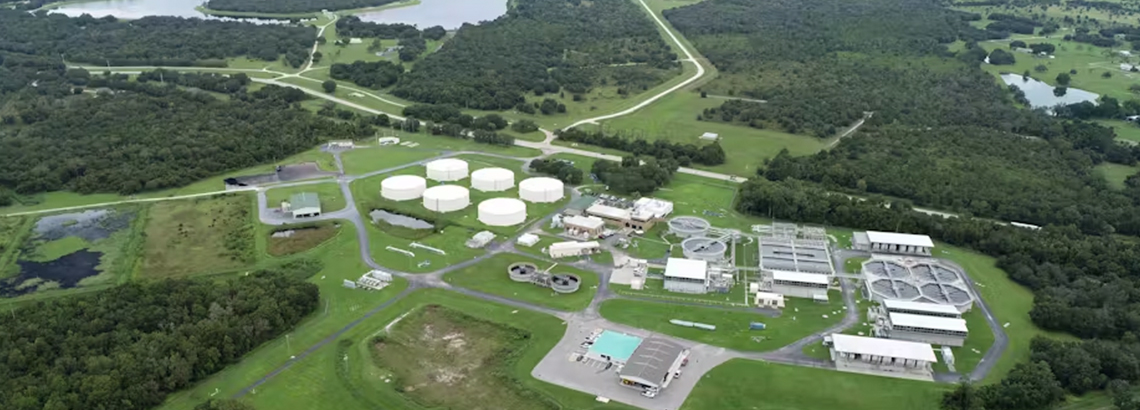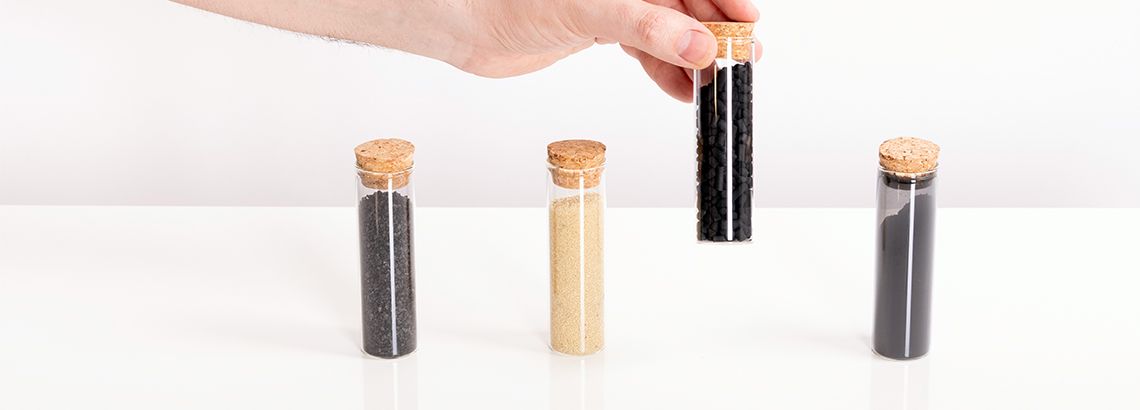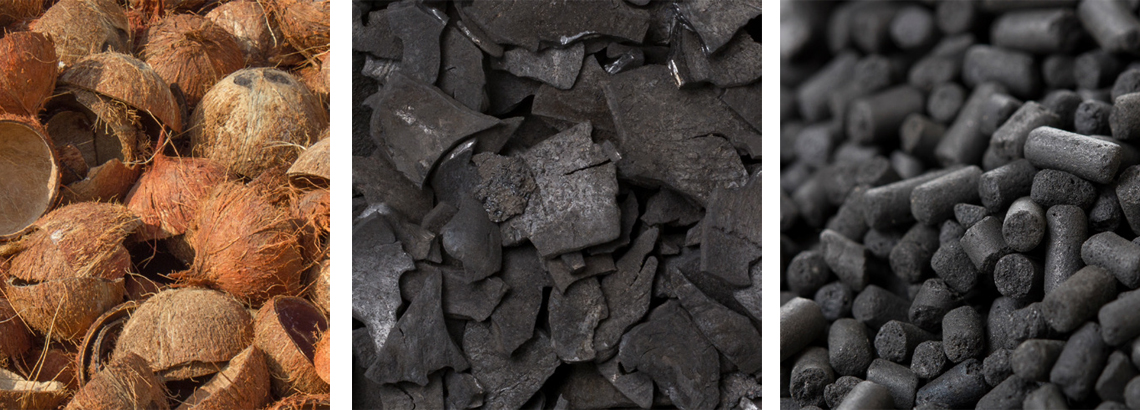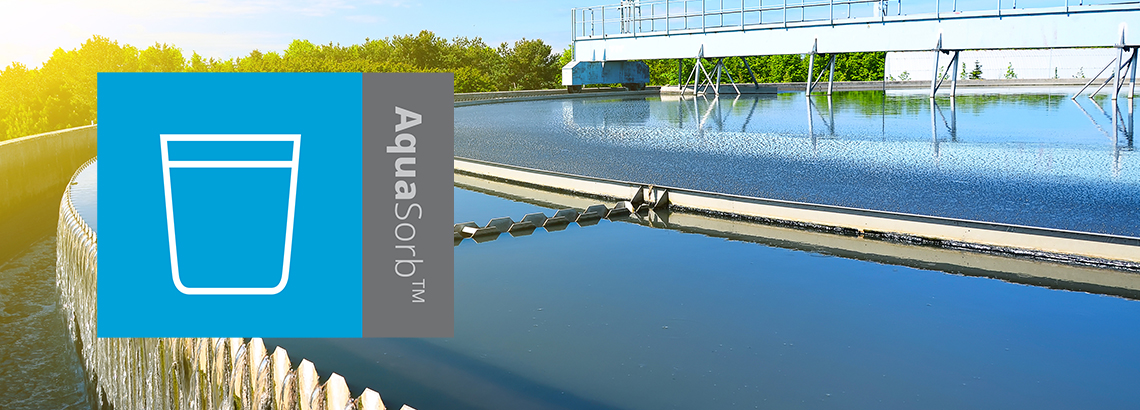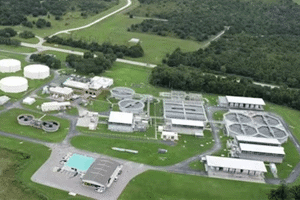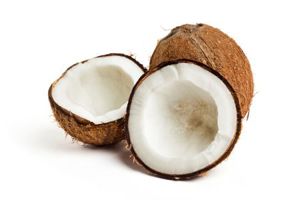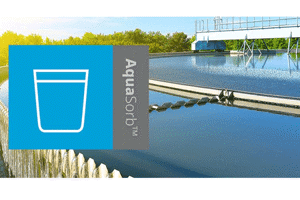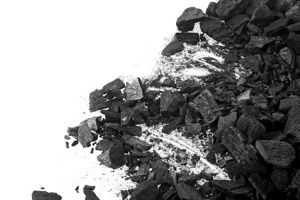Jacobi Group was founded in 1916 by Ferdinand Adolph Wilhelm Jacobi, today it is made up of three core business units to serve a wide range of customer needs. With manufacturing facilities and sales offices around the world the group has around 1800 employees and continues to expand the applications and industries it serves with its products and services. In 2014 the group was acquired by Japanese company Osaka Gas Chemicals Co. Ltd. This led to a new era in innovation and increased R&D activities alongside the technical experts at Osaka Gas in Japan.
As the world’s largest supplier of coconut shell activated carbons the group is on a journey to become the most sustainable supplier in the industry and has taken this challenge head on to ensure its people and products are behaving and being manufactured in a way that is responsible and helps to protect our planet. Join us on our sustainability journey.
Jacobi Carbons
With manufacturing facilities in China, Sri Lanka, Japan, Philippines, India and Vietnam and 2 reactivation plants in Europe, we sell a range of activated carbons mostly from coconut shell raw material but also wood and coal. With many years experience we offer a broad product range used across hundreds of applications in many different business markets. For more information on our activated carbon products you can contact a Jacobi expert and they will be happy to assist.
Jacobi Services
In recent years the demand in the market for mobile filters has grown. With this, we have developed our own custom made ranges of filter units for a variety of air and liquid filtration needs, alongside the filters we offer a full end to end service package with media handling, filter exchange and filter media re-activation and replacement done by our own field service team. Our aim is to listen to what problems our customers have and solve them with innovative and hassle-free plug and play solutions.
Jacobi Resins
Another part of Jacobi Group is the Jacobi Resins business. Here we offer premium ion exchange resins that can be used standalone or in conjunction with our activated carbons or filter units to serve a number of different market filtration applications. With our own in-house production, technical experts and global distribution, we supply resins of the highest quality.
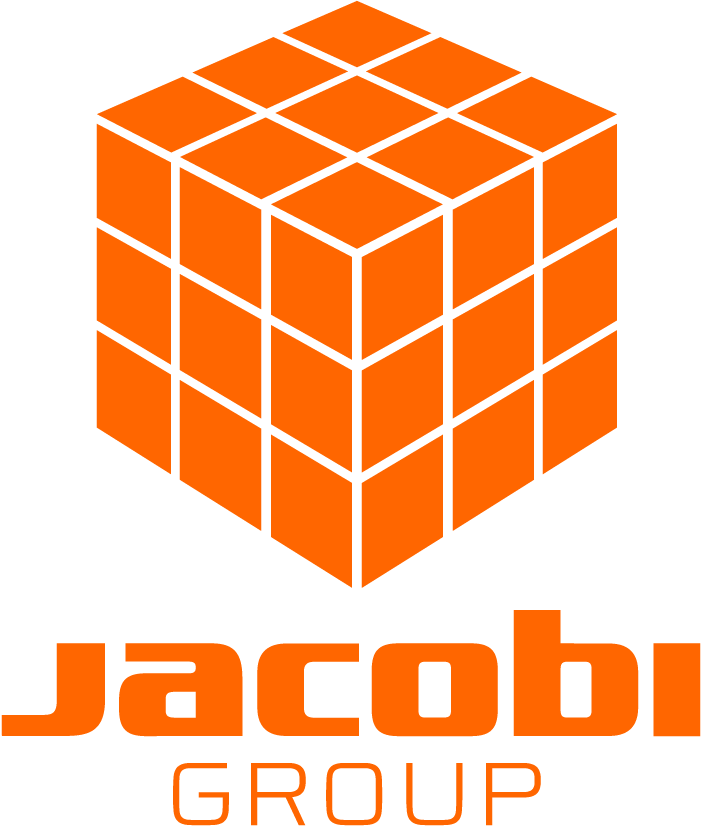
CONTACT INFORMATION
Jacobi Carbons Inc.
432 McCormick Blvd.
Columbus, OH 43213
UNITED STATES
FEATURED ARTICLES
Jacobi Carbons is a renowned voice in activated carbon (AC) solutions for water treatment, as its name would imply. But its employees also possess a high-level expertise on ion exchange (IX) and how the two processes can be combined for optimal results. Water Online tapped into this knowledge, speaking with Jeffrey Singer from Jacobi to break down the processes’ role in water treatment, the problems they can solve as a team, and who utilizes this synergy best.
Jacobi Carbons, Inc. (JCI) announced that it has hired Jacob Sondergaard as President for its Americas Region, effective 1 March 2016. Mr. Sondergaard comes to JCI from FLSmidth & Co, a leading global engineering company and supplier of industrial equipment, systems, and services, where he held various positions, the most recent of which was Vice President of their Air Pollution Control activities in the Americas.
In the summer of 2014, the threat of algal blooms made national headlines courtesy of an outbreak in Toledo, OH. Although it has been a wastewater treatment concern for years, the public reaction to the news has put nutrient removal at the top of mind for utilities across the country.
Jacobi Carbons AB announces the establishment of "Jacobi Carbons España S.L." and what is to become Spain’s first Reactivation Center in Zaragoza, Spain. The plant will be opened in 2016 and will serve the growing demand of Jacobi's customers in the municipal drinking water market on the Iberian Peninsula.
Jacobi Carbons Inc., the largest worldwide manufacturer of coconut shell activated carbon, will be celebrating it’s 100th birthday in 2016.
The Jacobi Carbons Philippines facility will be the world’s largest coconut shell activated carbon plant with a new level of automation.
The Jacobi Group announces that production has begun at its newest coconut shell carbon activation plant, based at Cagayan de Oro on the island of Mindanao in the Philippines.
Founded in 1916, Jacobi Carbons has transformed over the past 20 years from a distributor of activated carbon products to an industry leading manufacturer of activated carbon products for use in water, air, and process purification applications.
Activated carbon and ion exchange can be called two sides of the same coin. Where activated carbon purifies water by removing organic contaminants through an adsorption process, ion exchange removes contaminants under the surface via electrical charge.
Think you know activated carbon? The range of capabilities is so robust that operators of all types — drinking water, wastewater, municipal, or industrial — should come to fully understand its usage.
Over the past several decades, activated carbon has proven to be a reliable, cost effective technology for the control of various odorous compounds (hydrogen sulfide, mercaptans, methyl sulfide compounds, and other VOC) at municipal wastewater treatment plants.
What concerns drinking water municipalities the most? Is it regulations, emerging contaminants, or a crisp, clear product? To a degree, it’s all of the above. Jim Knepper of Jacobi Carbons explains.
Water is an essential element of life: it accounts for 70% to 80% of the weight of a human being. The quality of water is an important parameter that affects all aspects of the well-being of ecosystems and mankind, from human health, to food production, economic activities and biodiversity.
The “rotten egg” odor in some water supplies is caused by sulfide in water. Sulfide can be treated using oxidation techniques, the goal being to convert the sulfide to high oxidation state species such as sulfate to eliminate the taste and odor concerns. Traditional oxidation techniques such as ozone and chlorine can be used, but can be expensive due to the equipment required to add and monitor the oxidant, and can lead to by-products such as trihalomethanes (THMs), which are regulated in drinking water supplies.
Trichloroethylene (TCE) and Tetrachloroethylene (PCE) are two of the most common solvents that contaminate groundwater supplies in the United States. Both solvents see frequent use in the extraction of fat, in the textile industry, in the production of various pharmaceutical and chemical products. TCE is also used as a degreaser from fabricated metal parts, and PCE serves as a component of aerosol dry-cleaning solvents.
In recent years, various perflorinated chemicals (PFCs) have come under increasing scrutiny due to their presence in the environment, in animals, and in human blood samples. There are two major classes of PFCs: perfluoroalkyl sulfonates such as perfluorooctanesulfonic acid (PFOS) and long chain perfluoroalkyl carboxylates such as perfluorooctanoic acid (PFOA) and perfluorononanoic acid (PFNA).
In order to reduce the formation of harmful disinfection byproducts in drinking water, alternative disinfectant use has become increasingly widespread. Monochloramine is a leading alternative disinfectant that offers advantages for municipal water. This tech brief details the removal of monochloramine using activated carbon.
Jacobi Carbons obtained ISO 9000 certification in the early 90s and meets ISO 14001 environmental quality standards. This video focuses on Jacobi Carbon's worldwide quality assurance practices and philosophy.
From the first step of harvesting coconuts to the final, factory-finished product, Jacobi Carbon's process of manufacturing coconut shell activated carbon is multifaceted. In this video, watch a step-by-step account of how raw material import, quality assurance, and particle separation culminate in carbon types that are applicable for the municipal water treatment, home water filter, and groundwater remediation industries.
With specialty production facilities in Sri-Lanka and China, Jacobi Carbons annually produces over 60,000 metric tons of carbon made of coconut shell, coal, and wood for use in over 100 countries worldwide. This video presents customer perspectives of the company’s dedication to innovation, customer service, and consistent, high-quality products for applications in drinking water filtration.

